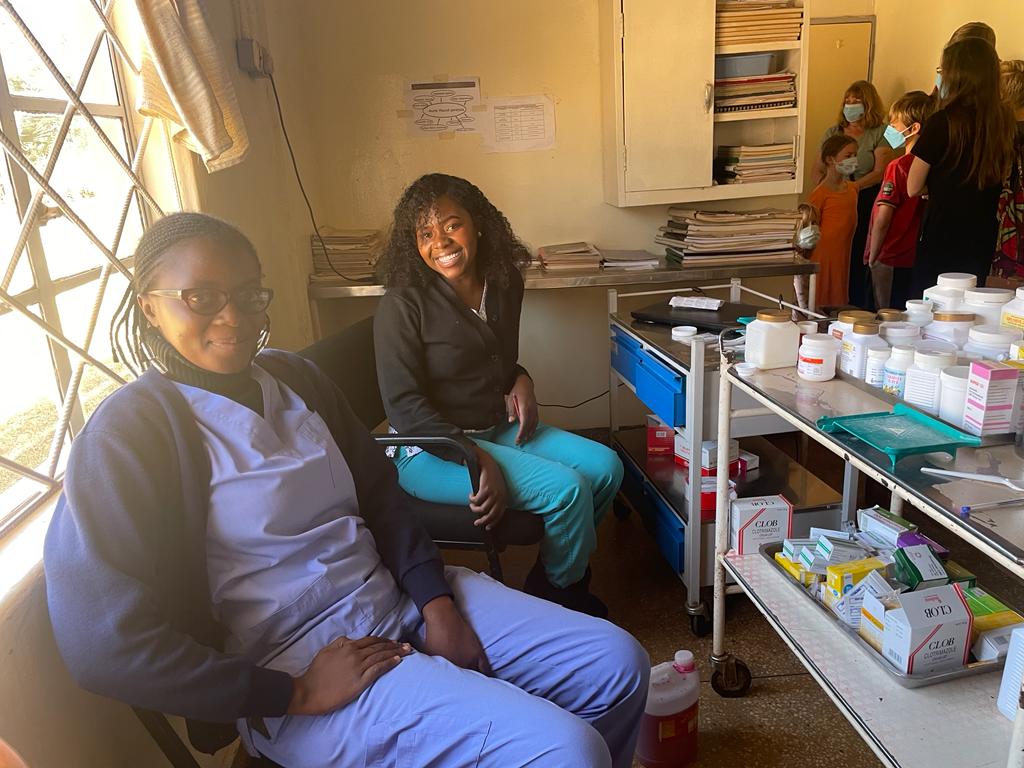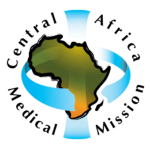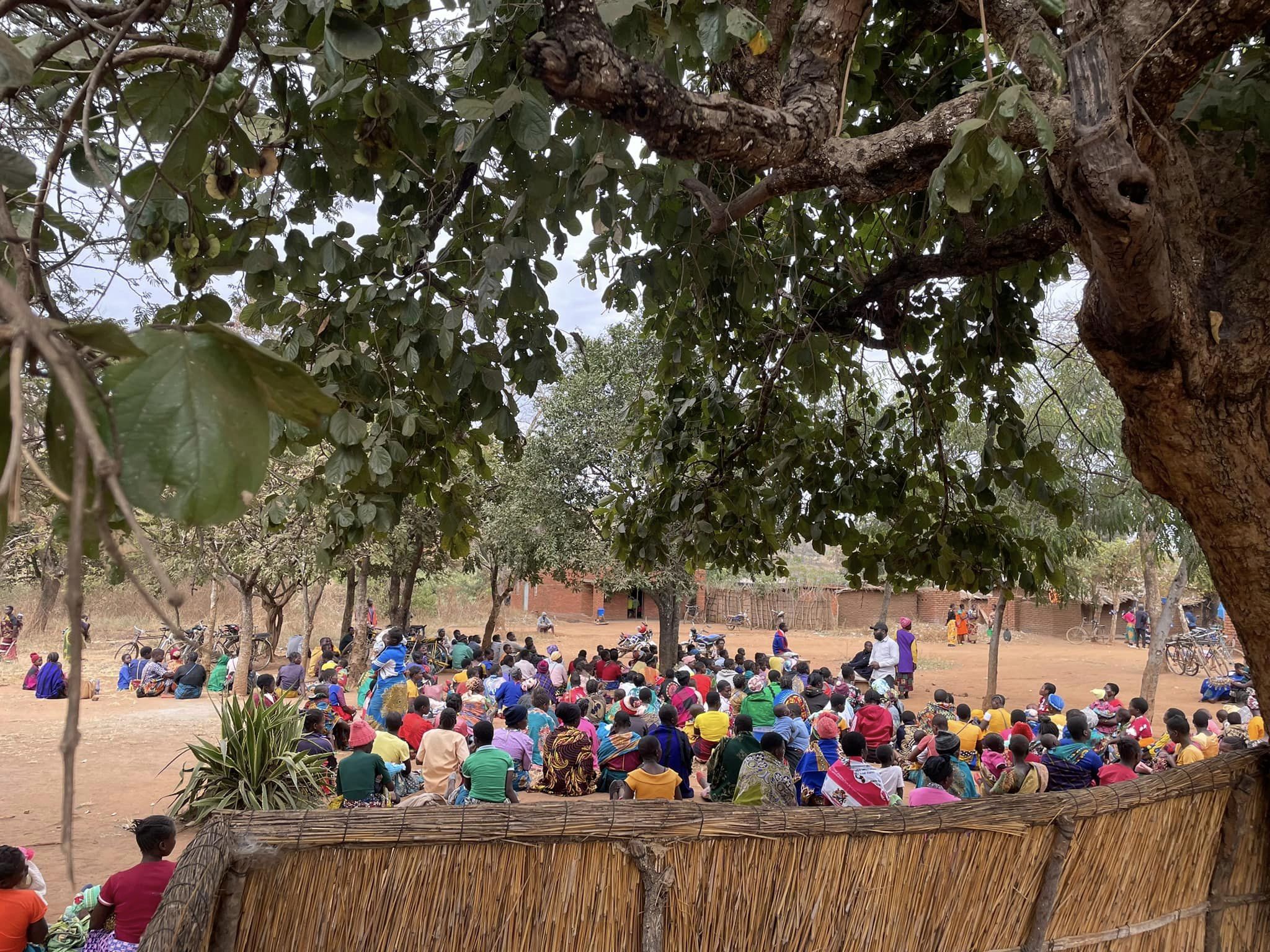
02 May May 2023 Newsletter
The Lutheran Mission Rural Health Centre Mwembezhi (LMRHC) is located in a rural area and provides services to people who are less privileged. Working in an environment where most necessary equipment is unavailable makes it quite an interesting experience, especially when it comes to women with high-risk pregnancies, the majority of which are the first or prime pregnancy. Nearly every week, some women still opt to come to the clinic to deliver despite being advised to go to higher institutions. As a facility we have to make sure we provide evidence-based solutions to prevent losing the baby and mother and also strengthen the health system to deliver best outcomes.
“Never be lacking in zeal, but keep your spiritual fervor, serving the Lord. Be joyful in hope, patient in affliction, faithful in prayer. Share with God’s people who are in need.” Romans 12:11-12
In a first pregnancy, the mothers are often uncooperative despite been told what to expect, and they tend to do what they feel is comfortable for them.
As health care workers, we put in our level best effort starting with manpower, continuous counselling to both the mother and relatives and ensuring all delivery equipment and supplies are available and within reach including newborn resuscitative equipment.
Just recently we had a prime with a twin pregnancy. We admit such cases with a bit of excitement and worries at the same time. Trust me, nothing beats the joy of helping a mother bring two children to life but again you are afraid of the risk associated with a twin pregnancy. We keep asking questions to ourselves like: are the babies both in cephalic? is the mother going to be able to push both babies out in time? is one a breech or transverse baby?
Back to our experience, a mother came in almost fully dilated and when it was time, twin one was a live female infant was delivered weighing 1.3 kg and after almost an hour, another live female infant weighing 1.4 kg was delivered. At this point our hearts were overjoyed and confidence levels raised. Despite the babies having been born prematurely, they were both alive and the mother was also fine and relieved. The relatives upon hearing the cry of the babies, jumped with joy, dancing and singing a Tonga song (nichalibobu nichalichibotu nachilibobu) meaning in the English translation, “If it was like this always, it would be a good thing”. Sometimes a Bemba song (Chakumbete chakubatuka) is sung, meaning, “Something that was holding on to me for months has finally left me”.
Our clinic’s “Resuscitaire”, an infant resuscitation device on a platform providing warmth, light and oxygen to the babies, was ideal for helping these babies survive and be monitored soon after birth. The staff had requested and received this equipment as part of the clinic renovation project, knowing there would be delivery situations where it would be necessary.
After observing the babies, we had to call for an ambulance through the district to help in referring our newborn babies to Lusaka for further management and care, for they were premature babies needing close monitoring. Feedback was given that both the babies and mother are doing well.
In conclusion, our experience shows evidence-based solutions, interventions and evaluation to help strengthen the health system in maternal and neonatal health. Knowledge gaps are identified through the process of communication from all parties and capacity building is also strengthened. As a facility we have maintained 0% of both maternal and neonatal deaths, hence positively contributing to one of the government’s strategic goals.
Bwaila Chilekwa,
Nurse


No Comments